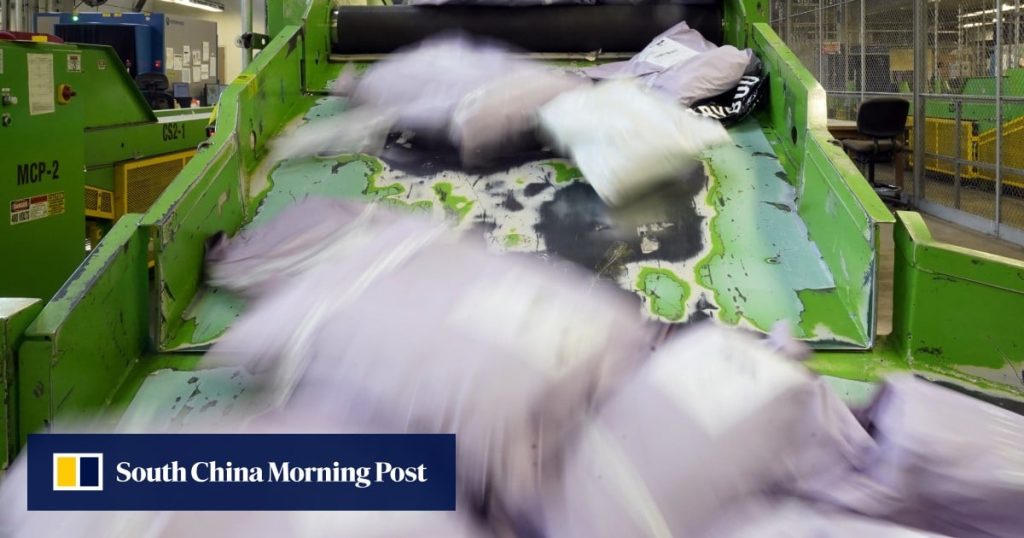As the United States ends import duty exemptions for parcels valued under US$800 shipped from anywhere in the world, many Chinese merchants have already established US warehouses to cushion the blow.
Li Chen, professor of manufacturing management at Cornell University’s SC Johnson College of Business, said China’s exposure was likely to be limited, citing the resilience of its cross-border platforms such as Shein and Temu.
America’s “de minimis” exemption will end on Friday, after US President Donald Trump signed an executive order to that effect last month. A Reuters report on Thursday cited Trump administration officials as saying that a six-month transition period would allow postal service shippers to opt to pay a flat duty of US$80 to US$200 per package, depending on the country of origin.
An earlier executive order, signed by Trump in April, ended duty-free treatment for parcels from mainland China and Hong Kong from May. Purportedly designed to curb the flow of synthetic opioids into the US, it dealt a blow to cross-border sellers, who were not offered any transition period.
In July, the value of small parcels exported from China to the US fell by 43 per cent year on year to US$1 billion, according to the latest Chinese customs data.
Guangzhou-based merchant Henry Sun, who has been selling goods such as towels and toothbrushes in the US on the TikTok Shop platform for two years, was prepared for the change. He began scouting out warehouse space in the US last year, often subleasing it from Chinese Americans with unused storage.


